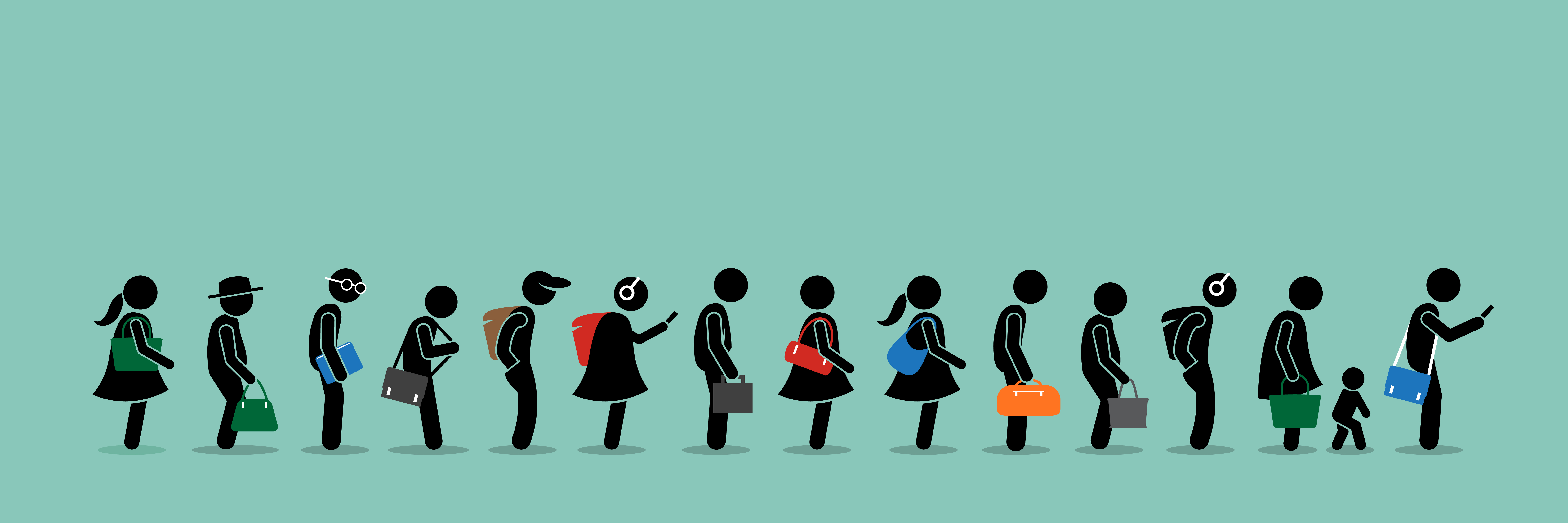

Yet, the strategies of queue managers, along with the tactics of queue participants, have consequences that go beyond who gains quicker access – or any access at all – to a valued resource. 911), but also an exercise in subordination (Auyero, 2012, p. In this process, queues can also be understood as a ritual where social status is performed and reproduced, where priority in the queue is a sign of privilege, and waiting is not only a “theft of time” (Crang and Zhang, 2012, p. Reduced ‘thick time’ (Wexler, 2015) spent at the queue – even the two-minutes queue for a latté in the local café – frees up time for more productive activities or personal ‘quality time’. But even in allocation of abundant resources that are effectively guaranteed by the market to those who can afford them, queues play an important distributive role. In more developed cities, ready access to diminishing welfare services requires a different set of queuing skills applicable to bureaucratic waiting lists (Fitzpatrick and Pawson, 2007). In some cities of the Global South, access to basic goods such as drinking water depends on one’s skill in negotiating the physical wait line (Rananga and Gumbo, 2015). Queues become most critical as mechanisms of allocation when material resources are scarce. But more than a trivial inevitability of the urban condition, queues represent an important mechanism for distribution of goods, speed and status. Queuing is an inescapable aspect of living in cities, part of the “constant, unnoticed background noise of our lives” (Moran, 2008, p.

However, we emphasise the need for an urban geography of queues that moves beyond the micro-dynamics of waiting lines in isolation, and makes visible larger scale processes of commodification and authoritarianism, affecting even the most spontaneous of queues.Īlthough not exclusive to cities, queues are a quintessential urban phenomenon, associated with the mass population of cities and their temporal quotidian routines. In more self-organized queues, social relations of trust and cooperation between strangers – critical components of a functional city – continue to be acculturated. Focusing specifically on airport terminal and bus waiting lines, we examine the ways commodification and authoritative queue management cultivate disciplined subordination, but also resistance. Drawing on ethnographic observations in Sydney, we examine the relationship between processes of commodification, authoritarianism and self-choreography in queue dynamics. We propose that across numerous queues throughout the city, the interaction of such tactics and strategies produces a dynamic set of social relations and emotions that become prominent features of the urban experience: trust, rage, competition, boredom, relaxation, hostility, and anxiety among others. In this paper, we explore the tactics of individuals negotiating access to goods, speed and status in the waiting line and the strategies of authorities managing these queues. Queuing is central to the way city dwellers spend their time, access critical resources and perform social differences.


 0 kommentar(er)
0 kommentar(er)
